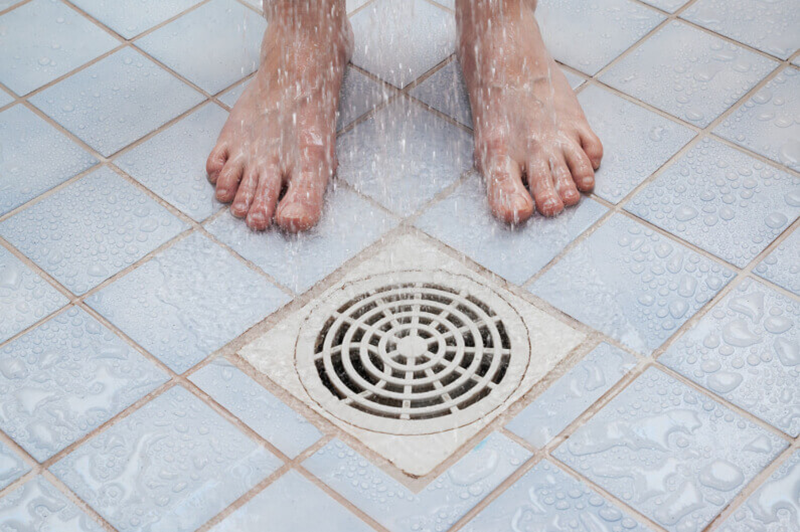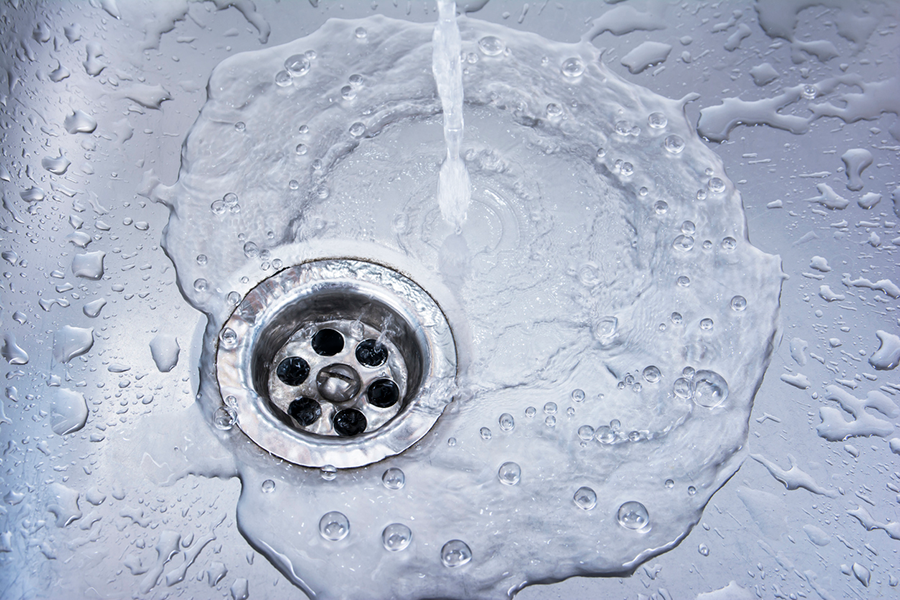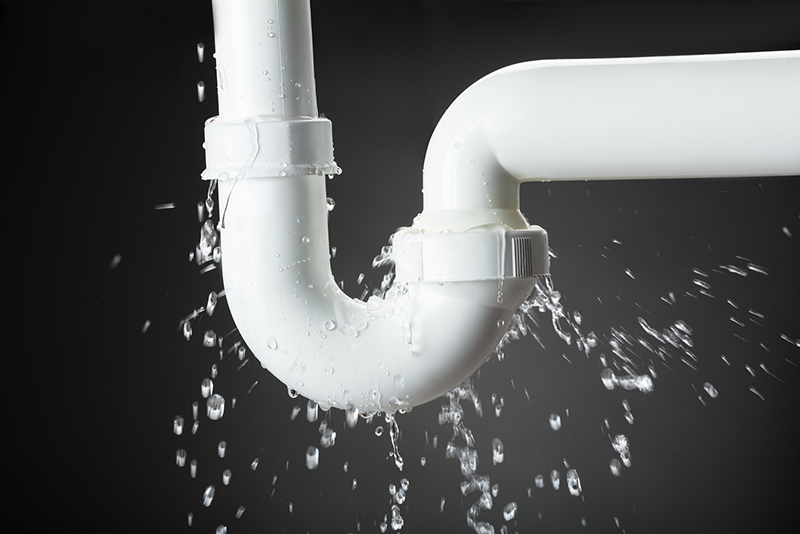It’s a common and often overlooked habit – pouring leftover cooking oil down the kitchen sink or washing greasy pans without a second thought. After all, it’s liquid, and it goes down the drain, so what harm could it do, right? Well, the truth is that fat, oil, and grease (FOG) can wreak havoc on your plumbing and the environment. In this blog, we’ll explore why FOG should never find its way into your drain and suggest alternative disposal methods to keep your pipes flowing smoothly and the planet clean.
-
Pipe Problems: The Clogging Culprit
One of the main reasons you should never pour FOG down the drain is that it can lead to serious plumbing issues. When FOG cools and solidifies, it creates a sticky and stubborn substance that can quickly clog your pipes. This is particularly problematic for kitchen sinks, where cooking oils and greasy food residues are frequently washed down. Over time, the buildup of FOG can restrict water flow, leading to slow drains or even complete blockages.

Clogged pipes can be a costly and inconvenient problem to address. You might need to hire a plumber to remove the blockage, which can be expensive. In some cases, the clog may even damage your pipes, necessitating more extensive repairs or replacements. To avoid these headaches, it’s essential to keep FOG out of your plumbing system.
-
Environmental Impact: Pollution Downstream
Pouring FOG down the drain not only harms your pipes but also has a negative impact on the environment. When FOG enters the sewer system, it can mix with other debris and form “fatbergs.” These massive clumps of congealed fat, oil, and grease can clog sewer lines, causing sewage backups and overflows. These incidents can lead to water pollution, harm aquatic ecosystems, and contaminate drinking water sources.
Moreover, FOG can have long-lasting effects on aquatic life. It forms a coating on the surface of water bodies, reducing oxygen levels and hindering the growth of beneficial aquatic plants. This can harm fish and other aquatic organisms, disrupting the delicate balance of aquatic ecosystems.
-
Responsible Disposal: What to Do Instead
Now that we understand why FOG should never be poured down the drain, let’s discuss responsible disposal methods:
a. Collect and recycle: Rather than tossing used cooking oil in the trash, consider recycling it. Many municipalities and recycling centers have programs that accept used cooking oil for recycling. The collected oil can be converted into biodiesel or used as an ingredient in various industrial products.
b. Solidify and dispose in the trash: Allow FOG to cool and solidify by placing it in a container or bag. Once solid, dispose of it in the trash. This prevents it from entering the sewer system as a liquid and causing blockages.
c. Use FOG collection containers: Some communities provide FOG collection containers for residents. These containers can be used to store used cooking oil and grease until they can be properly disposed of or recycled.
Fat, oil, and grease may seem harmless when poured down the drain, but they can lead to costly plumbing issues and environmental damage. To protect your pipes and the planet, avoid this common kitchen habit and opt for responsible disposal methods. Whether you recycle, solidify, or use designated collection containers, taking care of FOG properly is a small yet significant step toward a cleaner and clog-free future. Remember, the drain is not the place for FOG – let’s keep it out of sight and out of the sewer system.



